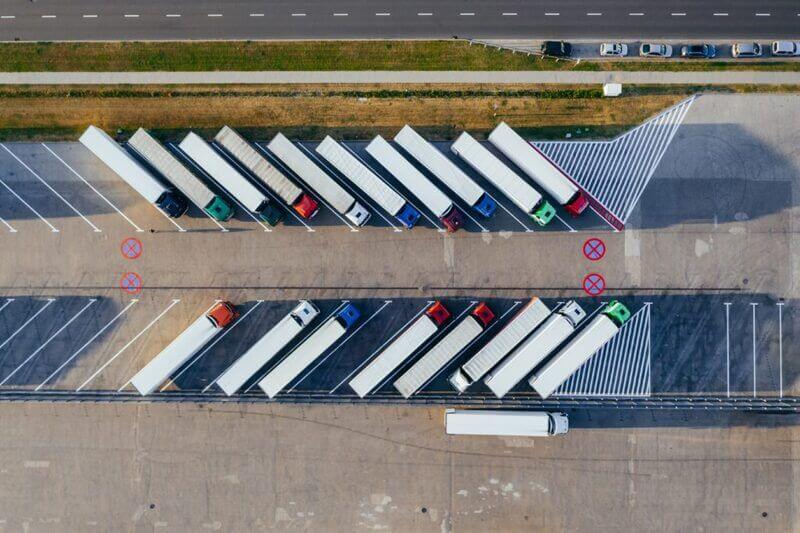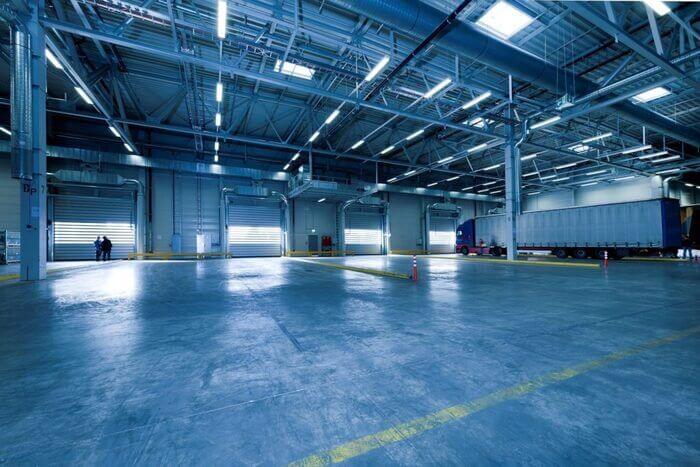What Are the Main Causes of Truck Accidents?
What Laws Are in Place to Help
Prevent Them?
Truck crashes may occur for several reasons like a faulty tire, inexperienced driver, or some type of system failure. Because of their large size and heavy weight, there are strict regulations for trucking companies to help minimize crashes. Part of the regulations address inspection reports and proper maintenance to ensure a truck is in good running condition.
If you have catastrophic injuries from a truck crash or your loved one was killed in a crash with a semi-truck, call us 24/7 at 706-354-4000 and speak to an attorney. If it’s after hours or on a weekend or holiday, hit the prompt to speak to a live person and tell the receptionist you have serious injuries from a truck crash and would like to speak to an attorney immediately. They will patch you through to one of our skilled truck accident lawyers.
Some of the main causes of truck accidents include the
following:
- Poor training
- Fatigue
- Brake problems
- Improper maintenance
- Distracted driving
- Alcohol or drug use
- Speeding
- Unsafe lane changes
Trucking companies are required to follow strict guidelines to ensure the safety of their drivers and other drivers on the road. All commercial motor vehicles’ (CMV) equipment must be in safe operating condition, inspections performed and logged, driver vehicle inspection reports (DVIR) filled out and preserved, and proper maintenance conducted before resuming operations.
Failure to comply with proper inspection, repair, and maintenance may lead to disastrous consequences for drivers who share the road with these big rigs, which can weigh thousands of pounds and sometimes carry hazardous chemicals and other dangerous materials.
Our truck accident attorneys at Blasingame, Burch, Garrard & Ashley, P.C. are experienced and knowledgeable when it comes to state and federal trucking regulations. If you or a loved one has been hit by a semi-truck or other commercial vehicle, it is imperative a thorough investigation is conducted to ensure the trucking company is following all federal and state regulations, including maintaining regular inspections, repairs, and maintenance records, and preserving those records for the adequate amount of time. Our attorneys can help you navigate the proper avenues to gather important documentation and build your case against a trucking company that has been negligent with its inspections, repairs, and maintenance. Deciphering whether a trucking company is following proper regulations on your own can be overwhelming, we can help.

According to the Georgia Department of Public Safety, some of the more commonly violated regulations include the following:
- Vehicle identification (Name and US DOT Number)
- No medical exam certificates
- Using a radar detector (radar detectors are
prohibited) - No fire extinguisher
- No stopped vehicle warning devices (reflective
triangles) - Driver did not do a pre-trip inspection
- Driver exceeded hours-of-service limits
- No time records kept on driver
- No annual mechanical inspection of vehicle
- No post-trip inspection
- Trailers not equipped with required brakes,
lights, and reflectors.
What Does the DOT Check During A
Truck Inspection?
Each state runs their truck checkpoints differently, but in Georgia, the Motor Carrier Compliance Division (MCCD) is divided into 22 weigh stations within nine regions. There are also two specialized units, the HOV/HOT Enforcement Unit and the Safety Compliance Unit, which consists of the New Entrant Safety Audit, Compliance Review, and School Bus Safety.
MCCD officers perform in-depth, complex safety inspections of commercial vehicles, their operators, and the load to ensure trucks pose no identifiable safety risks to the public.

What is a New Entrant Safety Audit and Why is it Important?
All new motor carriers must complete an application for a USDOT number. Once a new entrant registration is received, the carrier is subject to a safety-monitoring period. During this time, the carrier receives a safety audit and is monitored closely. The carrier is required to demonstrate it has all the necessary systems in place to ensure basic safety management controls. Failure to demonstrate basic safety management controls may result in the carrier having their new entrant registration revoked. After 18 months, if all guidelines and regulations are followed, the new entrant designation is removed.
CMVs must meet the following requirements:
- Safety Audit
- Compliance Review
- No Civil Penalties
What is Checked During a CMV Safety Audit?
- Driver Qualifications
- Driver Duty Status
- Vehicle Maintenance
- Accident Register
- Controlled Substances and Alcohol use and testing
What is a Pre-Trip Truck
Inspection and How Can it Help Prevent a Crash?
Trucking companies and drivers who do regular pre-trip inspections help reduce potential violations, which in turn minimizes system failures that may cause a crash. Unfortunately, not all CMVs conduct regular DVIRs (Driver Vehicle Inspection Reports). In an attempt to remove an information collection burden, the FMCSA rescinded the requirement that CMV drivers, with a few exceptions, submit and retain DVIRs when the driver hasn’t found or been made aware of a vehicle defect. Failure to conduct regular pre-trip inspections puts drivers at risk who share the road with CMVs. BBGA truck accident attorneys know how to confirm whether a driver or trucking company has been conducting regular pre-trip inspections and can determine if failure to do so, or failure to comply or repair any defects following an inspection, proves a lack of duty of care, causation, or negligence.
Some of the items checked during a pre-trip inspection include:
- Air compressor
- Air lines
- Battery
- Brakes
- Carburetor
- Clutch
- Drive line
- Engine
- Fuel tanks
- Horn
- Mirrors
- Muffler
- Lights
- Oil pressure
- Reflectors
- Safety equipment
- Tires
- Transmission
- Wheels
- Wipers
Why Truck Inspections are Important
and How They Help Reduce Crashes
Federal regulations have been put in place for all motor carriers and big trucks to ensure the safety of both the truck drivers and the public. Eighteen-wheelers and other commercial motor vehicles are required to comply with general regulations that mandate inspection, repair, and maintenance. All parts and accessories must be in safe and proper operating condition, and all required paperwork and records must be maintained and preserved.

Unsafe operations are forbidden, and any truck or commercial vehicle deemed unsafe is required to undergo proper maintenance and repair.
The federal government put inspection and maintenance regulations in place to help ensure big trucks are being maintained properly. An inspection may find an issue with a semi-truck’s brakes or other important function that a driver may not realize is in need of repair. A properly maintained and functioning truck is crucial for the safety of its driver and other drivers on Georgia roads.
If you live in Georgia and have been in a crash with a semi-truck or other commercial vehicle, discovering whether the trucking company is in compliance with all state and federal regulations, including proper inspection, repair, and maintenance laws; can be a daunting task without the help of a skilled truck crash attorney. We can help you determine whether a driver or truck company has been negligent with their compliance by conducting a complete investigation on the federal and state level, and by using expert witness testimony.
Determining who is at fault for a truck collision is important and Georgia is a traditional tort liability state, which means the party who caused the accident is responsible for paying for it, and the party who wasn’t at fault for the accident has the right to pursue an action against the at-fault party. To recover the full amount of compensation you deserve following a truck crash, you must prove fault. It’s equally important to prove you are not at fault. In Georgia, compensation can be diminished in proportion to your degree of fault, per Georgia’s rule of comparative negligence.
Not knowing how to investigate a crash and not having the resources to hire accident reconstruction and other experts can seriously jeopardize your case. That’s where we come in.
At Blasingame, Burch, Garrard & Ashley, P.C., our truck accident lawyers are expert investigators who know what insurance adjusters are looking for and know how to prove fault and disprove allegations made against our clients. Fill out our contact form today and tell us more about your crash or call us to set up a free consultation at 706-354-4000.
BBGA has offices in Athens and Lake Oconee, and we help truck accident victims across Georgia hold negligent trucking companies responsible.
